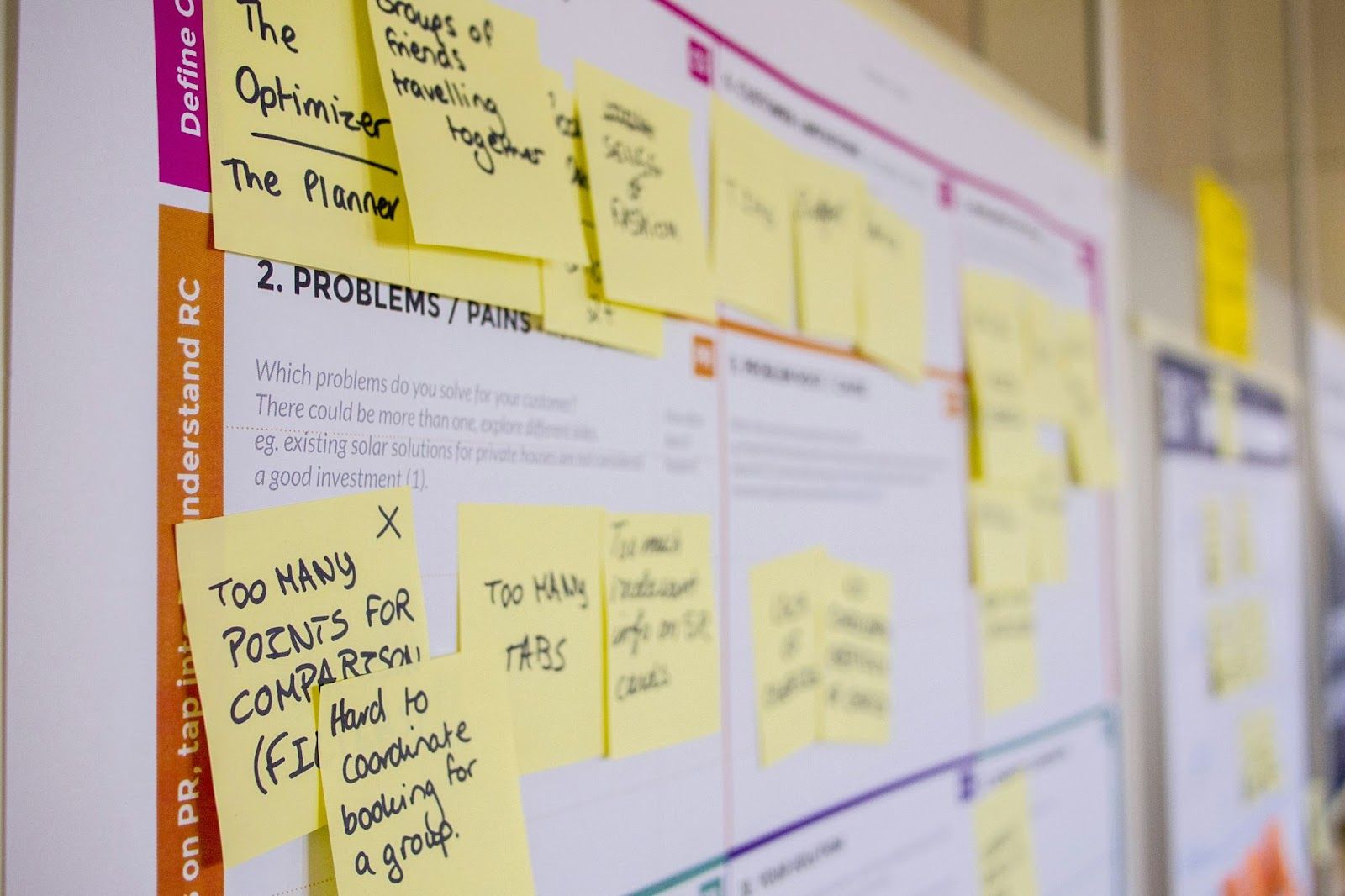Oct 19, 2024
When it comes to management roles, things can get a little bit confusing–especially with Project and Product Management.
Though both play crucial roles in driving a company's success, they focus on different outcomes and typically have distinct day-to-day responsibilities.
If you’ve ever wondered which path might be right for you, you’re in the right place. At the end of this article, you should have your answer.
Let's break it down!
Defining the Roles
What is a Project Manager (PM)?
A Project Manager is like the captain of a ship, steering it through a particular journey until it reaches its destination. PMs are all about timelines, budgets, and making sure everyone is on the same page.
Their focus is on executing projects efficiently—think launching a new marketing campaign or organizing a big company event. They’re the ones who keep things organized, ensuring everything runs smoothly from start to finish.
"I've worked at companies that have product managers, project managers and program mangers. Even they couldn't keep straight what the delineation was and it was chaos." – Member of r/cscareerquestions subreddit.
What is a Product Manager (ProdM)?
On the other hand, a Product Manager is more like a visionary behind the scenes. They’re responsible for the overall success of a product—from brainstorming ideas to launching it and making sure it evolves over time.
ProdMs dive deep into market research, user needs, and business goals. They’re constantly thinking about how to make the product better and more valuable to customers. If you love shaping a product’s future, this is the role for you.
Key Differences Between Project and Product Managers
This table summarizes the key differences between a PM and ProdM across the various categories discussed below.
Skills Needed for Each Role
Project Manager
To thrive as a PM, you’ll need to be super organized and great at managing your time. You should also have some serious communication skills to keep stakeholders in the loop. Familiarity with project management tools like Slack or Homie is a plus.
Product Manager
As a ProdM, you’ll need to understand user needs deeply and be able to conduct market research. Strong strategic thinking and decision-making skills are essential, as is the ability to define a product vision. Plus, being comfortable with product management tools like Aha! or ProductPlan will serve you well.
Career Path and Growth Opportunities
Project Manager
If you start as a PM, you might find yourself moving into senior project management roles or even becoming a Program Manager–-overseeing multiple projects at once.
Product Manager
ProdMs often climb the ladder to become Senior Product Managers, Product Directors, or even Chief Product Officers (CPOs). With this role, you might lead product teams or manage entire product divisions—exciting stuff!
Which Role is Right for You?
Factors to Consider
Your Strengths: Do you excel at managing details and keeping things organized (PM) or do you have a knack for envisioning and strategizing around products (ProdM)?
Your Career Goals: Are you more interested in delivering specific projects or driving innovation in a product?
Preferred Work Style: Do you like working towards short-term goals (PM) or are you into longer-term strategic planning (ProdM)?
Ideal Candidates for Each Role
Project Manager: If you thrive in structured environments and enjoy organizing tasks and timelines, you might be a natural fit for project management.
Product Manager: If you’re passionate about creating and evolving products and love working closely with customers to understand their needs, then product management could be your calling.
How to stand out as a PM or ProdM
No matter which path you choose—PM or ProdM—it’s essential to constantly seek ways to improve and differentiate yourself from the crowd.
While there’s no one-size-fits-all approach to standing out, leveraging the right tools can make a significant difference.
AI tools, for one, have proven to be game-changers in boosting productivity, and with management, it's no exception. AI-based management tools like Homie can streamline your processes and reduce the overhead involved in managing your team(s).
With features that range from task management to code and documentation generation, Homie helps you stay on top of everything and tackle common management challenges more efficiently.
Of course, it’s not just Homie that’s tapping into the power of AI. Traditional project management platforms like Slack (with its Slack AI) and ClickUp (featuring ClickUp Brain) are also rolling out AI capabilities. Embracing these innovations can position any forward-thinking PM or ProdM for greater success.
How Homie can help you become a 10x PM/ProdM
Homie stands out as one of the few project management tools built to fully leverage the benefits of AI, allowing it to provide PMs/ProdMs with ridiculous productivity boosts. Here are a few ways Homie can transform your workflow:
Automating Routine Tasks: Homie can watch out for duplicate tasks, flag unclosed tasks, and track stale tasks across your team’s projects. No more manually chasing these things down—it’s all taken care of.
Policing Processes: No one likes being the process enforcer. Homie can step in to remind team members to follow the set processes (like updating tasks, logging hours, etc.), so you don’t have to be the one constantly—um—nudging people.
Explaining Technical Info: If you're managing a tech-heavy product and need help understanding product technical details, Homie can break it down in simpler terms—saving you lots of time and effort.
Task Completion Estimates: Homie also helps with predicting task completion times, showing you which tasks are likely to be completed and when, making it easier to track progress and plan accordingly.
With Homie in your toolkit, you’ll become a much more effective PM or ProdM, allowing you to focus on strategy and innovation while the busywork takes care of itself.
Conclusion
Project Managers and Product Managers both play vital roles, but they do so in very different ways and have different objectives.
Take some time to evaluate your skills, interests, and career ambitions to determine which path feels right for you. Whether you’re orchestrating projects or shaping the future of products, both roles can be incredibly rewarding.
Now that you know the differences, which role are you leaning towards? Dive in, explore, and see where your management journey takes you!

Yusuf
Founder, CEO
Let's be homies.
Contact
yo@homie.gg
